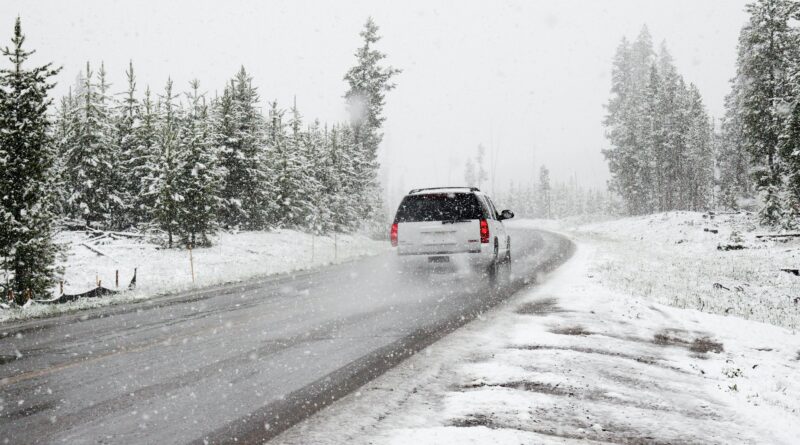Why Buying a Car in Winter is More Difficult
Buying a car in winter is not an easy thing to do for many people. There are a lot of different factors at play that makes the buying process more difficult in the colder season, and even if you don’t know about them, there’s a good chance that they’re having an impact on you and your buying decision. Always check mot history.
Taking each of these into account is the only real way to make sure that you’re aware of the forces that might be swaying you one way or the other, and ultimately, knowing these things is the only real way to make an informed decision at all. See how to buy a used car.
Decreased Visibility When Viewing
The first thing to remember is that there’s always going to be a decrease in visibility when you’re buying a car in winter. You could be more drawn to buying a car online, or if you do go in person, you might well simply not be able to see as much as you could due to the lower sun and typically bad weather.
Bodywork issues and even things under the bonnet might be tough to spot, especially to the untrained eye, and it really does increase the chances of missing something that could cost you down the line. How to drive car in winter.
Less Private Sales
Another factor at play specifically when buying a car in winter is that people are less likely to sell their vehicles privately. People tend to find the winter months more generally taxing. Whether it’s down to the cold weather, the lack of motivation, or the lull of the festive season, it’s almost always the case that fewer people are listing their cars, and that has a big impact on the car selection that is available. Winter check.
A smaller market always means a more narrowed decision, and you might be sacrificing more than you need to get a car you’re happy with.
Less Dealer Stock Through Fewer Part Exchanges
On top of private sales being lower than ever, the same does actually go for dealerships in most cases, too. People are always less likely to spend money after the festive period. It’s the lowest time of the year for it. As a result, that means that fewer people are buying cars too. Fewer people buying cars means that fewer people are trading them in for part exchange, and as a result, fewer cars are coming into the dealership for them to sell.
It all adds up. Again, a limited selection is always going to push you toward a quicker sale of something you’re not actually happy with, and you may regret this afterward.
Deterred Viewing Through The Cold
Next up is simply the weather itself. Cold weather puts people off buying cars in the winter, which is the first part of this double-edged sword. That’s contributing to the point discussed above. The second part though is that people tend to be put off from properly inspecting their car, too. The cold might means you’re spending less time actually physically examining the vehicle you want to buy.
Whether you miss the worn tyres, the small scratches, and dents, or even don’t check at all, it’s more than easy to buy something without due diligence. It will cost you as a result. While you can bypass this altogether and get a professional inspector to thoroughly check your vehicle from top to bottom for you without you having to be there, this is a service that many people don’t realise can help them. See how to get car ready for summer.
Conclusion
All in all, the bottom line is that winter makes it a very inconvenient time to both buy and sell cars. Fewer people want to spend their money and to go and purchase something as major as a car, and people also don’t want the hassle of selling them either. Stock is low, usually meaning the variety is much lower than it should be.
If you do choose to buy, however, then be prepared for the weather at hand. Take whatever precautions that you can to make sure you’re able and happy to spend the time on checking your vehicle, both inside and out. While you may not be a professional, there are usually several things you’ll find that can help you save money on the vehicle by making the seller fix problems you may otherwise pay for down the line. See what can void your car warranty.
Buying a used VW. Buying used vauxhall, BMW, Jaguar, Ford, Volvo, Range rover, Bentley, Aston Martin, Porsche, Ferrari, Lamborghini, Maserati, Hyundai, Tesla, Honda, Pagani

